The UK Home Office (UKVI) has strict rules for visa applications. If you don’t meet every single requirement, your application could be refused. Here’s a breakdown of the typical issues and how to steer clear of them:
1. Missing or Incorrect Documents
This is arguably the most common and easily avoidable reason for refusal. Every visa category has a precise list of required documents, and even a single missing piece can lead to a rejection.
- How to Avoid:
- Official Checklist is Key: Always refer to the official GOV.UK website for your specific visa type. This is your definitive checklist.
- Double-Check and Triple-Check: Before submission, go through every item. Is it all there? Is it the correct format? Are originals needed or just copies?
- Certified Translations: If any document isn’t in English or Welsh, it must come with a certified translation. Don’t overlook this!
2. Not Meeting Financial Requirements
Proving you have sufficient funds to support yourself (and any dependents) without relying on public funds is crucial for most visa types, especially Student, Skilled Worker, and Family Visas. Mistakes here are frequent.
- How to Avoid:
- Know Your Number: Research the exact minimum financial threshold for your specific visa category. These amounts are subject to change, so always check the latest figures on GOV.UK.
- Show Proof Consistently: Funds often need to be held in your account for a specific period (e.g., 28 consecutive days for students). Ensure your bank statements clearly show this.
- Explain Large Deposits: If there are sudden, large deposits in your account, be prepared to provide a clear explanation and evidence of their source. Unexplained funds can raise red flags.
- Accurate Calculations: If you’re relying on income, make sure your calculations are precise and match your pay slips/bank statements.
3. Lack of “Genuine Intention” / Credibility Issues
For many visas, particularly Visit and Student Visas, the Home Office needs to be convinced of your true intentions. If they suspect you intend to live illegally, work, or overstay, your application will be refused.
- How to Avoid:
- Clear Purpose: State your purpose of visit clearly and consistently. For visitors, show strong ties to your home country (job, property, family) to demonstrate you intend to return.
- Consistent Information: Ensure all information across your application form, supporting documents, and any interview answers is consistent. Discrepancies can severely undermine your credibility.
- Be Truthful: Never provide false information or fabricated documents. This can lead to an automatic refusal and a long-term ban from entering the UK.
4. Failure to Meet English Language Requirements
Many long-term UK visas require you to demonstrate a certain level of English proficiency. This is usually proven through an approved Secure English Language Test (SELT).
- How to Avoid:
- Approved Test: Take an English language test from a UKVI-approved provider.
- Correct Level: Ensure you achieve the specific CEFR level required for your visa type (e.g., A1, A2, B1, B2).
- Exemptions: If you have an academic qualification taught in English (from an approved country/institution) or are a national of a majority English-speaking country, you might be exempt. Provide clear proof of this.
5. Previous Immigration Breaches or Criminality
Your past immigration history and any criminal record are thoroughly scrutinized. Undisclosed issues or past breaches are almost certain to lead to refusal.
- How to Avoid:
- Be Honest: Always declare any previous visa refusals (for the UK or other countries), overstays, deportations, or criminal convictions, no matter how minor.
- Provide Explanations: If there’s an issue, provide a truthful explanation and any supporting evidence that shows you’ve learned from it or that circumstances were beyond your control.
- Seek Advice: For any complex immigration history or criminal record, it is strongly advised to seek legal advice before applying.
6. Relationship Not Deemed Genuine (for Family Visas)
For Spouse or Partner Visas, simply being married isn’t enough. The Home Office needs to be convinced that your relationship is “genuine and subsisting.”
- How to Avoid:
- Comprehensive Evidence: Provide a wide range of documents demonstrating your shared life: joint bank accounts, utility bills, tenancy agreements, photos together over time, communication logs, and evidence of any children you have together.
- Living Together Proof: If unmarried, provide robust proof you’ve lived together for at least two years.
- Consistency: Ensure your story and evidence are consistent with your partner’s.
General Tips for a Smooth Application:
- Start Early: Give yourself plenty of time to gather documents and complete the form. Rushing leads to mistakes.
- Use Checklists: Create your own checklist based on the official guidance and tick off every item.
- Professional Help: For complex cases, or if you’re unsure, consider consulting an OISC-regulated immigration adviser or solicitor. Their expertise can be invaluable.
- Keep Copies: Always keep copies of your full application, all submitted documents, and any correspondence.
By understanding these common pitfalls and meticulously preparing your application, you significantly increase your chances of a successful UK visa outcome. Good luck!

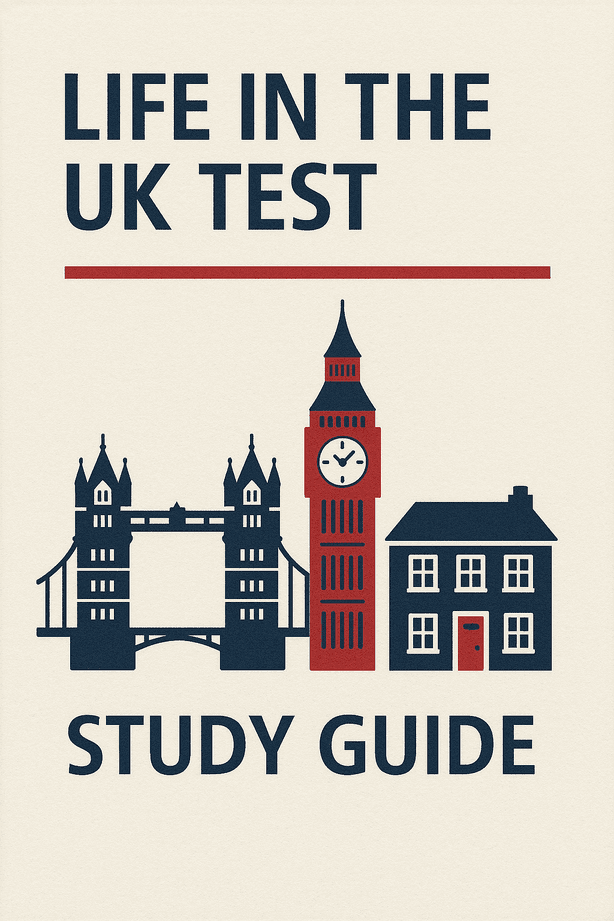
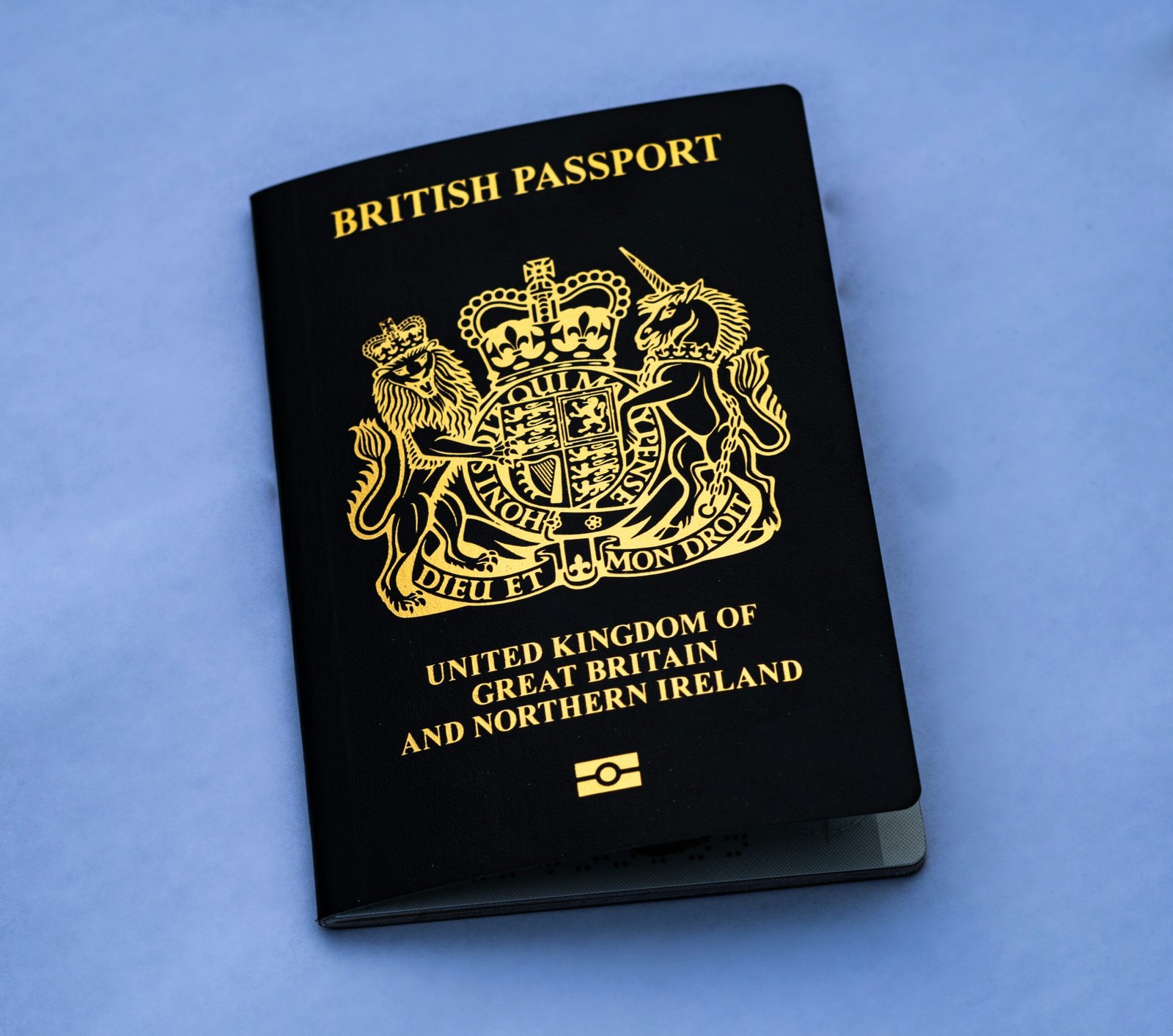
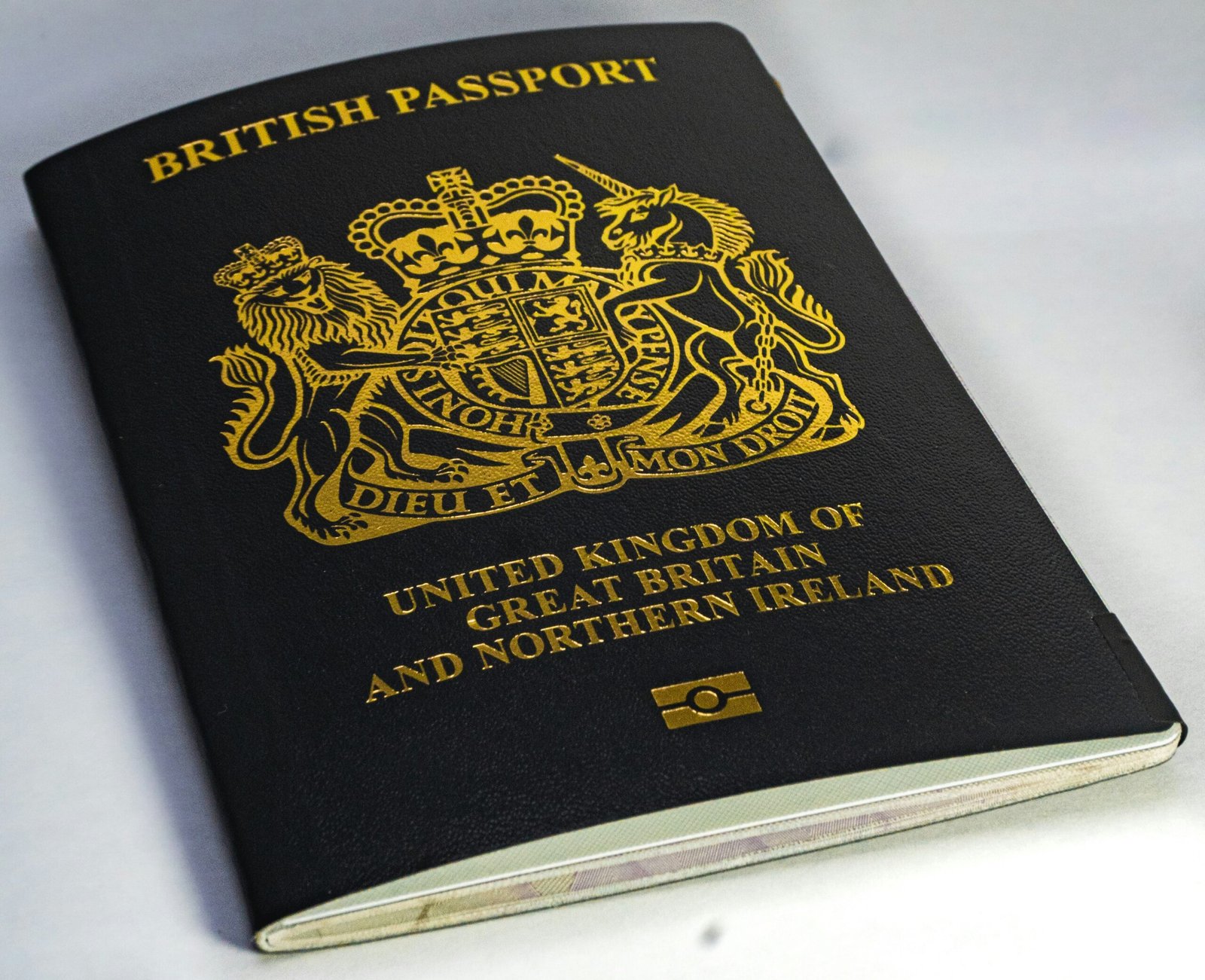

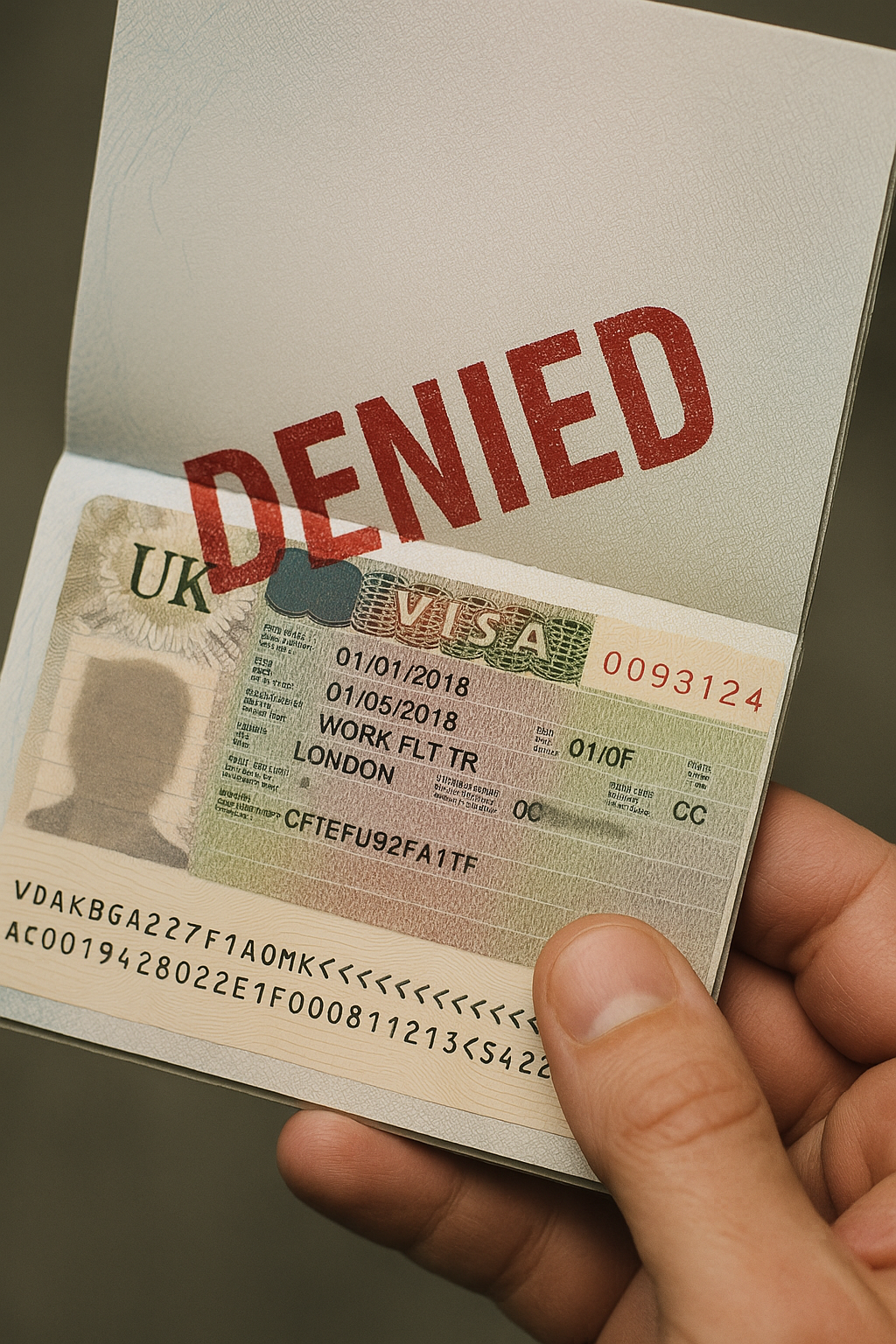
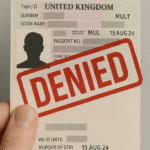





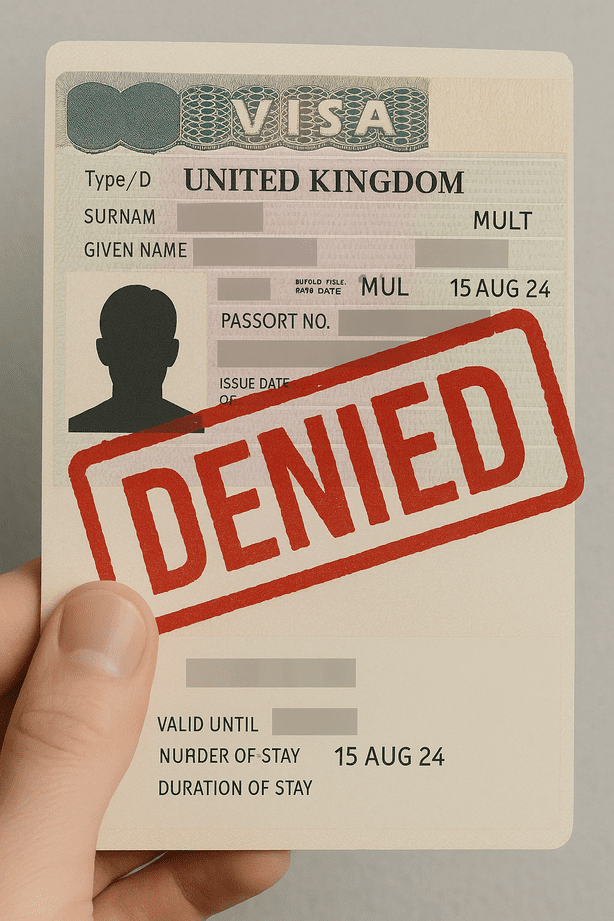
Leave a comment